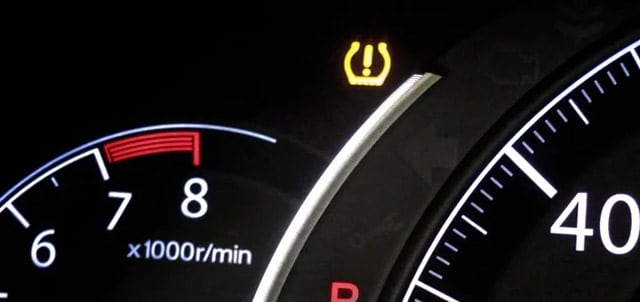Many vehicles come with many options. Depending on the model, you might be able to choose between AWD or 4WD. They are often mistakenly believed to be the same thing. They are two different systems. Although it is confusing to understand the differences, they can be quite overwhelming. Let's take a look at each system to make an informed decision about which vehicle is right for you.
What is All-Wheel Drive?
All-wheel drive means that the engine can power both the front and rear wheels. Full-time AWD allows you to drive all four wheels at once. A part-time AWD system will work in its 2-wheel mode but will switch to AWD when necessary.
The driver can activate AWD features without the driver having to do anything. There are a few models that provide additional control options. All wheels can receive torque through a variety of differentials and couplings.
What exactly is Four-Wheel Drive?
Four-wheel drives are common in larger vehicles, such as trucks and SUVs. This uses a combination of differentials in the center and front and transfers cases and couplings to transfer power to all four wheels.
AWD cannot send torque to all four wheels, but 4WD can. You can also choose between high or low speeds while driving. You can do this via an electronic switch or a lever. A low setting for roads with a little bit of sand, gravel, snow, or sand will give you the best traction. A high setting will give you maximum traction.
Village Pointe Toyota can give you more information on the differences between AWD and 4WD. Call us during normal business hours to talk with an expert who will answer any questions.

